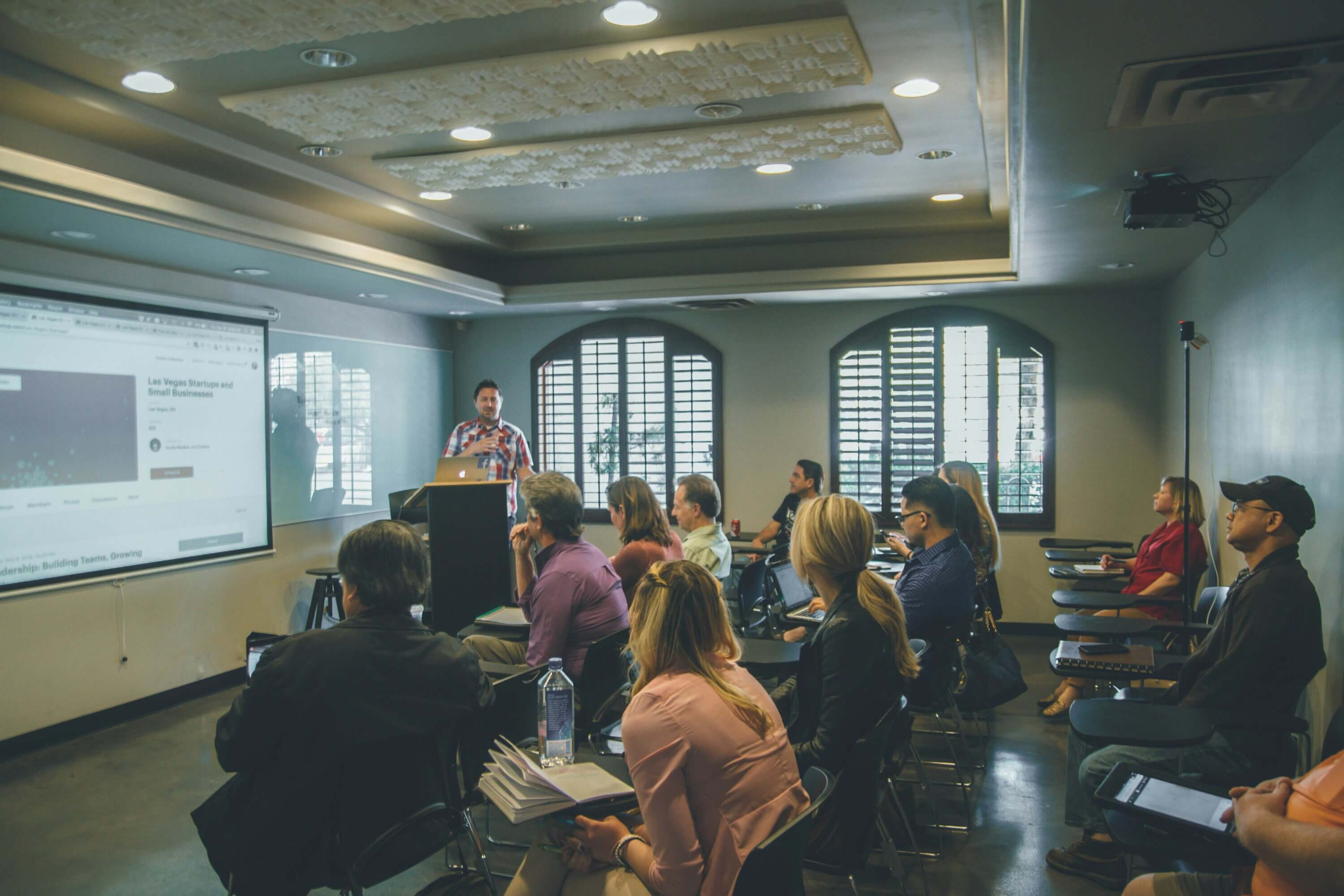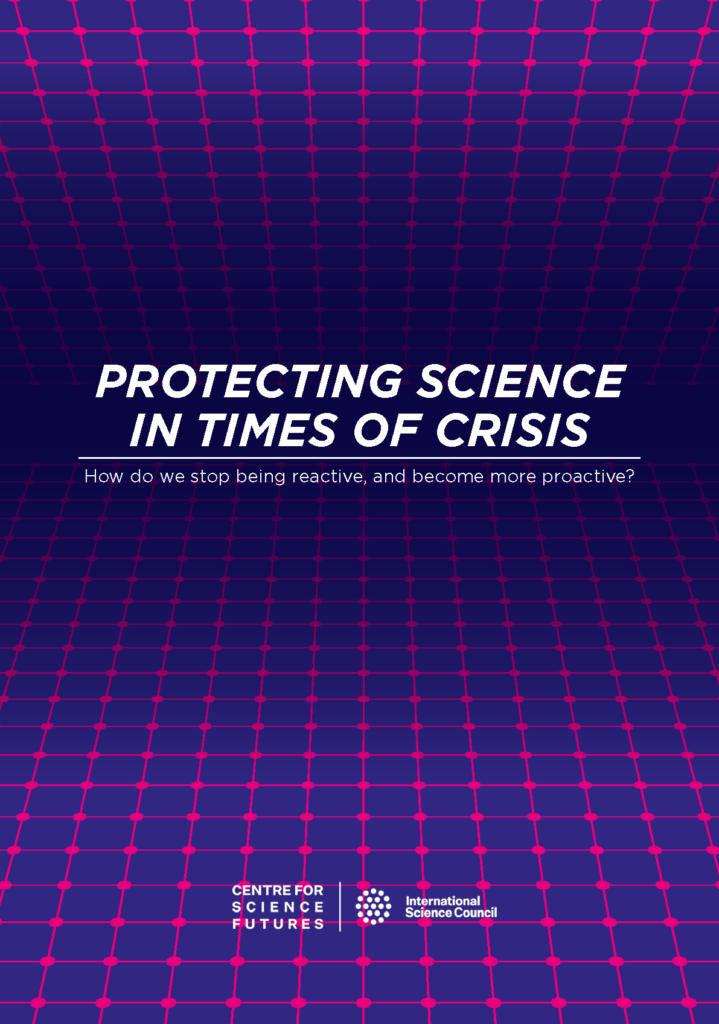
Led by the Council’s Committee on Freedom and Responsibility in Science, the updated position on academic boycotts and the role of universities addresses recent protests in the academic community, particularly those surrounding the conflict in Gaza. The catastrophe has sparked student demonstrations and counter-demonstrations at many universities worldwide. Some of these demonstrations have resulted in accommodations in which students and university management have arrived at a negotiated settlement. Other demonstrations have continued in peaceful protest. Still others have resulted in impasse, leading to riotous behaviour, strong civil police intervention and arrests.
The ISC Governing Board has reaffirmed the role of the Council in upholding freedom of expression and association, which are fundamental to scientific and social advancement.
In its statement the ISC emphasized the importance of universities as environments where robust, responsible discussion and rational debate are core values, and where individual conscience and peaceful protest are respected.
“Universities must be safe spaces for rational debate. Freedom of expression and peaceful protest are vital, but they come with the responsibility to maintain an environment conducive to learning and research,” said Professor Anne Husebekk, ISC Vice President for Freedom and Responsibility in Science.
In the statement, university management is urged to enable responsible discussion and rational debate without inhibiting peaceful activism or succumbing to undue external influences. The ISC advises careful consideration of whether campus protests exceed reasonable limits and emphasizes that expressions of racist abuse and hate speech, including antisemitism and Islamophobia, should never be tolerated.
The Council hopes that the statement will serve as a guiding framework for universities to navigate the complexities of global conflicts while preserving the fundamental values of academic freedom and rational debate.
In its updated position on academic boycotts, the ISC defines such boycotts as collective protests by academic communities to express disapproval or put pressure on other academics or institutions. The ISC’s general position is that it does not endorse academic boycotts, consistent with the right to engage in scientific enquiry as enshrined the Council’s Principles of Freedom and Responsibility in Science and in international human rights covenants. The Council acknowledges that individual academics may act according to their conscience and notes that it will consider exceptions in cases of clear and systemic human rights violations.

Protecting Science in Times of Crisis
This comprehensive paper by the Centre for Science Futures, the ISC’s think tank, addresses the urgent need for a new approach to safeguard science and its practitioners during global crises.
International Science Council. (February 2024). Protecting Science in Times of Crisis. https://council.science/publications/protecting-science-in-times-of-crisis DOI: 10.24948/2024.01
Full paper Executive SummaryPhoto by Kenny Eliason on Unsplash